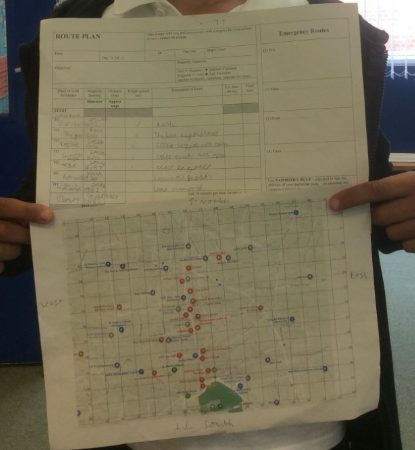Homework
|
|
|
|
In 2019 Governors carefully monitored Home Learning across the school and listened to the feedback from children, parents & teachers. The findings echoed those of the Education Endowment Foundation, which is held in high regard for its research in education:
-
The quality of the task set appears to be more important than the quantity of work required from the pupil. Children often get more out of the open ended projects they complete with their family.
-
Parents/FAMILY can have a positive effect on homework completion and help children to develop effective learning habits. Children who are encouraged & supported by their parents/FAMILY to complete homework regularly form good work habits & are more successful in school.
It is for this reason we changed our Home Learning/Homework strategy. Each term teachers will send home:
-
Age appropriate expectations for English & Maths. Including recommended time allocations.
-
Topic Tasks for you to complete as a FAMILY. The discussion & fun you have with these is just as important as the outcome.
Families completing the tasks will be, generating valuable discussions, increasing vocabulary, installing effective learning habits, promoting self-discipline & equipping children for learning in school.
"So many relatives have complemented on the our homework grid, saying it's such a lovely idea that the family can all get involved, and that it doesn't feel like a 'chore' " - Staff feedback June 2022
AGE APPROPRIATE EXPECTATIONS
These include spellings, maths & reading along with recommended time allocations:
- Create a family routine to ensure these are revised regularly and appropriately.
- Older children should be encouraged to be more independent with the routine created. Fostering good learning behaviours in preparation for secondary school.
TOPIC TASKS
Complete these with your child(ren). The discussion & fun you have with these is just as important as the outcome.
- There is no right or wrong way to complete Topic Tasks
- Take as long, or as little, time as you like on these tasks. A large project my take a number of weeks. Many of them will lend themselves to ‘family time’ rather than an add on.
- Bring Topic Tasks to school in any way you like: email, photo, written, scrap book, artwork, edible…
- Siblings may find it fun to complete the same tasks, they can present their homework to their own class, even if it is not their allocated Topic Task.
How do ‘Topic Tasks’ link to the academic curriculum?
‘Topic Tasks’ are hugely important, as recent research shows children need experiences & the languages involved in them, as much as they need the ‘Academic Expectations’. In fact, they cannot meet the ‘Academic Expectations’ without experiences & language i.e.; they find it more difficult to write about something they have not experienced & talked about. A ‘Conservation Trust’ was mentioned in a recent SATs reading paper. Children who have not been to one will find it harder to understand the context & answer the questions.
Teachers indicate on homework task which subject the ‘Topic Task’ is linked to. But as with life, tasks can cover a multitude of skills & subjects. It is really important for children to apply skills in real life activities, so they extend their breadth of knowledge
How do I know what my child is learning week to week?
- You will receive an overview of the topics being taught at the start of each term
- The termly curriculum is published on the school website
- Children’s learning objectives for the year are available on the school website
- Individual targets are given to parents at parent’s evenings, along with objectives for the whole year
Without homework deadlines how can I motivate my child?
At SMFR we want to install a genuine ‘love of learning’, whereby children enjoy learning & value learning because it benefits them. This is best achieved in partnership with parents, who encourage good attitudes toward learning.
Spelling tests are always on a Thursday, however ‘Topic Tasks’ do not have a deadline. The benefit of this is that families/children can do these at a time that suits them, making them more enjoyable experiences.
If a routine is useful to your family/child, help them learn to manage their time by:
- Creating a written an agreement/timetable with your child
- Writing on the homework sheet, or on a family calendar when each task will be completed
- Agreeing the day & amount of time to be spent on each task.
TRACKING SHEETS
Tracking sheets, enable staff to monitor and reward children for developing good learning behaviours



